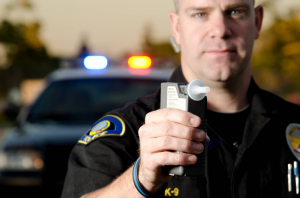Computer-Telecommunications Coordinator (CTC) Program
Coordination among prosecutors in high-tech crime cases has improved dramatically because of the implementation, since January 1995, of the “Computer-Telecommunications Coordinator” (CTC) program. Under the CTC program, each United States Attorney’s Office, as well as a few other Department entities, has designated at least one Assistant U.S. Attorney to serve as a CTC, with a few distinct areas of responsibility. To reach a CTC, contact the Computer Crime and Intellectual Property Section, or the U.S. Attorney’s office in a particular district. CTC responsibilities are outlined below.
The Computer and Telecommunications Coordinator (CTC)
will have three general areas of responsibility:Resident consultant to the U.S. Attorney’s office.
Each CTC will receive special training and periodic updates in relevant legal and technological topics. Each CTC, by staying current in the field, will then be able to assist his or her own office on high-tech issues–both in cases of crimes against information technology and in any case which involves electronic search and seizure or some other technical aspect.
Liaison on technical cases/issues.
The CTCs will also serve as the principal point of contact on technical cases and issues with the Computer Crime and Intellectual Property Section of the Criminal Division. Additionally, they will work on technical/legal issues with other United States Attorneys’ Offices, investigative agents, technical experts, communications carriers, and electronic service providers. CTCs across the country will form a network of specialists who can expedite technical assistance in computer-crime investigations, which are often multi-agency, multi-district, or international.
Leader and legal consultant to their local technical support network.
CTCs will establish a local network of federal agents and technical experts to share information about developing technologies and the government’s constantly-changing capabilities to search, seize, and analyze electronic evidence and to investigate network crimes. They should also include regional experts from state and local law enforcement, educational institutions, and the technical and telecommunications industries to strengthen and augment federal technical expertise in their districts, both for operations and for training.





